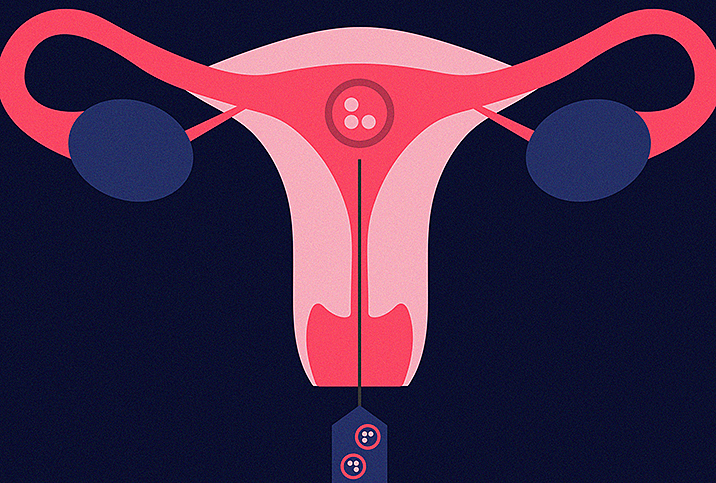Alternative Treatments to Infertility

According to the United States Department of Health and Human Services, infertility is a challenge that 10 percent of couples will struggle with. While many possible causes exist, there is an unfortunate lack of information when it comes to alternatives. This can leave many hopeful couples discouraged if they either can't afford to get treatment or are uncomfortable with the presented options.
What is ART?
ART stands for assisted reproductive technology. This is an umbrella term referring to procedures in which either eggs or embryos are handled in a laboratory setting. The most common procedure is IVF, or in vitro fertilization, in which an egg will be fertilized outside the womb and then surgically implanted. The average cost of one cycle is around $12,000.
IVF also increases the likelihood of having multiples, which can contribute to a high-risk pregnancy. The added physical, emotional and financial strain of having twins (or triplets) is something couples may want to take into consideration when preparing for an IVF procedure.
IVF isn't the only type of assisted reproductive technology. Other options include GIFT (gamete intrafallopian transfer), in which the egg and sperm are transferred to a woman's fallopian tubes for fertilization (as opposed to the lab), and ICSI (intracytoplasmic sperm injection), in which a single sperm is injected into an egg, which is fertilized in a lab and then transferred to a woman's womb.
ART comes in many forms, so discuss the options with your doctor to determine which route is potentially best for you.
IVF risk factors
If you're considering IVF, the most common procedure in assisted reproductive technology, there are some factors to consider. It's important to determine what risk factors may be contributing to your complications in the first place. Do you or your partner smoke? Is either of you over- or underweight? Is there substance abuse involved? Any one of these risk factors will not only make it harder to get pregnant in the first place, but can also complicate pregnancy. There are steps both you and your partner can take to help regulate your menstrual cycle or increase sperm count.
A healthy diet, regular exercise and reducing or eliminating unhealthy habits can be highly effective in preparing you both for the rigors of pregnancy and parenthood.
The first step is fertility tracking
Having sex frequently, particularly before or during ovulation, is the quickest way to increase your odds of getting pregnant. So, when it comes to infertility, one of the simplest solutions can sometimes be a more careful tracking of you or your partner's menstrual cycle. Today, there are numerous free apps to help you do this, and they will even help you figure out how long your cycles generally last. Not only can tracking your cycle help you determine when your odds are highest for pregnancy, it can also help you and your doctor determine if your cycle is irregular.
Homeopathic options for infertility
Some women struggling with infertility may be considering homeopathic options. Homeopathic medicine has been making a resurgence over the past decade. With so many synthetic products and chemicals flooding the market, many people have been searching for alternative answers regarding their ailments and afflictions. Homeopathy involves a more natural, holistic approach to medicine, making use of modalities such as herbs, acupuncture, diet and counseling.
While homeopathy is already quite popular in treating things like addiction, anxiety and obesity, there is still a lot of discourse and disagreement on its practical applications in more medically dominated fields. That's not to say it should be ruled out when it comes to addressing infertility, and there are some promising, yet small, studies.
There are a variety of supplements associated with increased fertility, such as folic acid and vitamin E. However, evidence supporting the effectiveness of herbs and supplements for fertility is minimal. It's essential to talk to your healthcare provider before starting any supplements.
Lastly in the realm of homeopathy is acupuncture. While scientists are still on the fence about its effectiveness in treating infertility, it's worth noting there's thousands of years of anecdotal evidence to support it.
For women over the age of 35 struggling with infertility, with the window of opportunity closing (or becoming more difficult), you may want to skip homeopathic possibilities and go straight to more studied routes such as IVF. If you want to explore more affordable or natural alternatives rather than ART, talk to your doctor.
In the end, infertility is an intimate issue. It requires careful deliberation and respectful conversation between both partners and their providers. Knowing your options is a great way to make the choice that works best for your needs and situation.


















